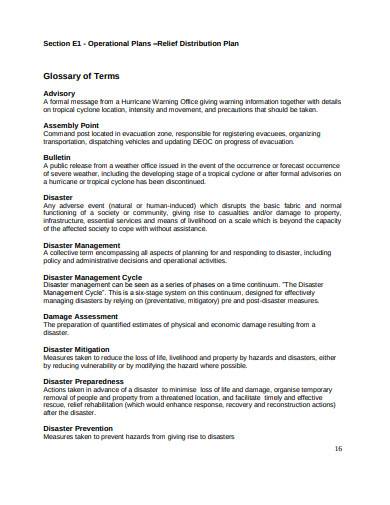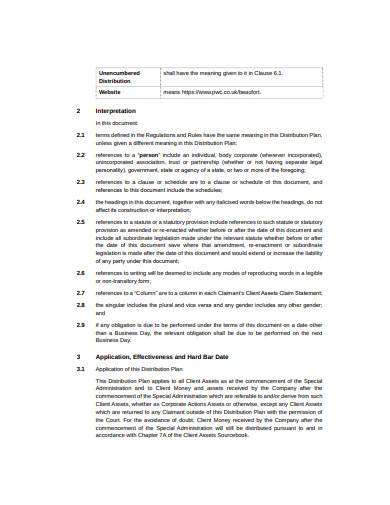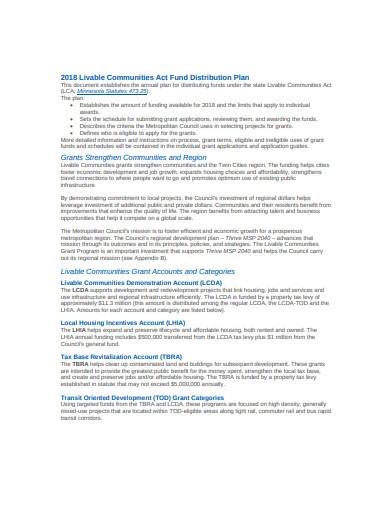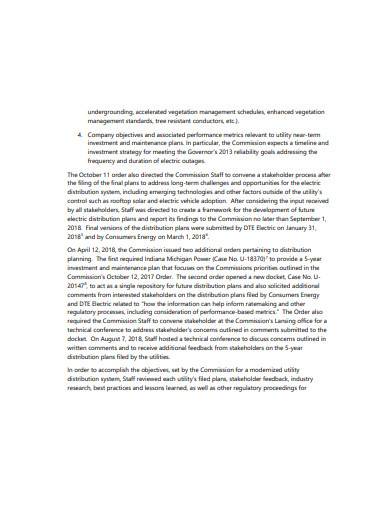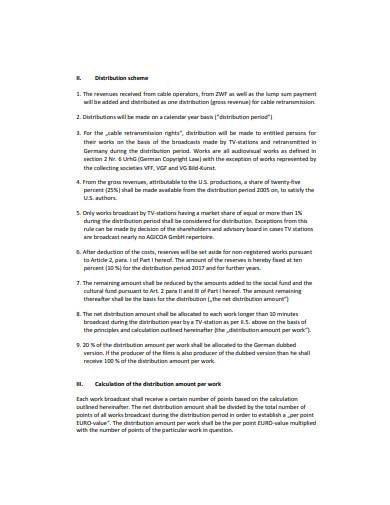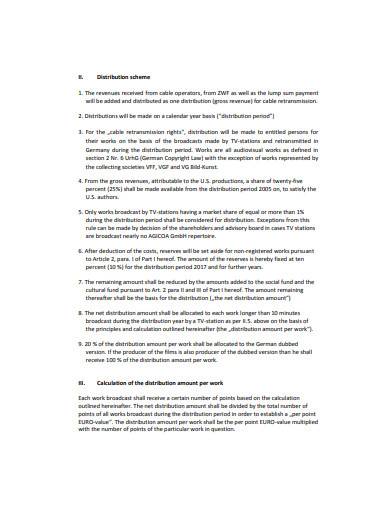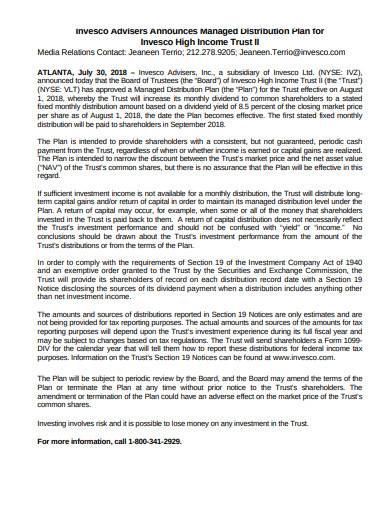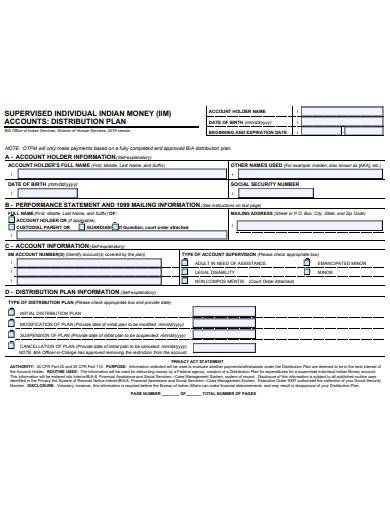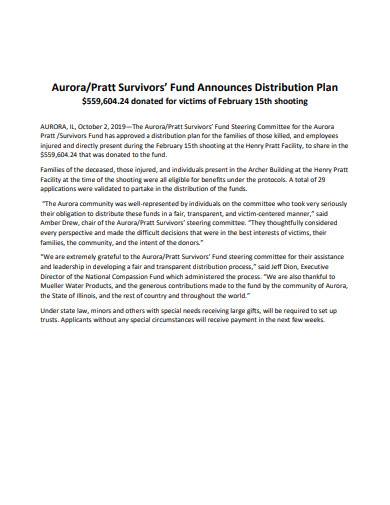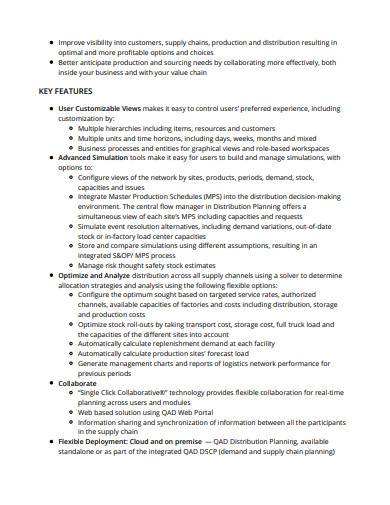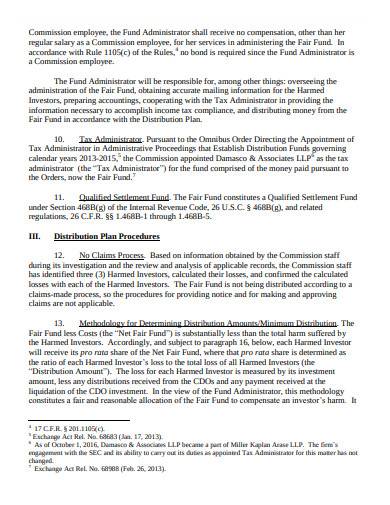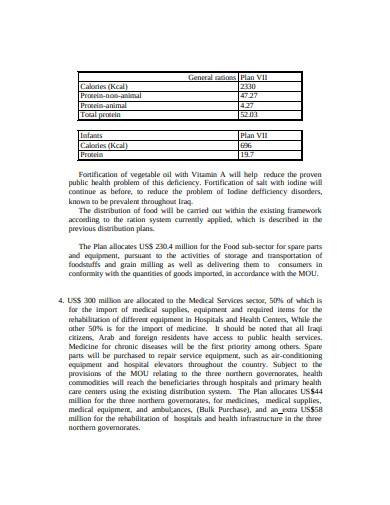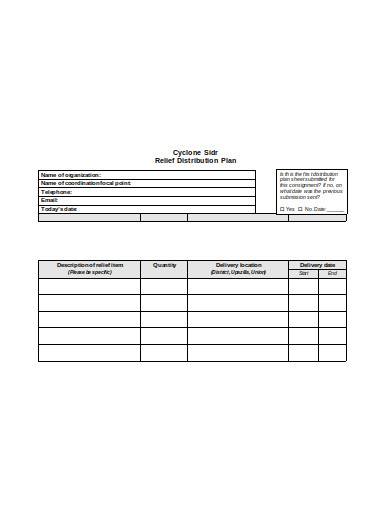In 2017, after a day of bad critics, Pepsi removed its marketing campaign. In the ad campaign, popular model Kendall Jenner joined the rally and handed a police officer a bottled soda, attempting to cool down the tension between the protesters and the police. Despite the good intention of Pepsi, which is to send a message of peace, unity, and understanding, people didn’t take it lightly. According to them, the company underplayed the essence of the protest, which is racism and police violence. As a business owner, you should plan the advertisement, among other parts of the product distribution appropriately and strategically, to ensure that your effort, time, money, and other resources don’t go to waste.
What is a Distribution Plan
Also known as a marketing plan, a distribution plan is a component of strategic planning of a business that consists of the details of how the producers or service providers deliver the goods and services to its customers. This plan may involve market delegates, such as distributors, agents, retailers, and wholesalers.
What are the Different Distribution Channels that You Can Use
Depending on the nature of your business and its affecting factors, you can use any of the following distribution channels.
1. Mass Distribution
This type of distribution consists of various market intermediaries since it intends to distribute the products to everyone. If your company sells products such as fast-moving consumer goods (FMCG), most likely, this is the best distribution channel that you can use for your business plan.
2. Selective Distribution
Unlike mass distribution, selective distribution involves only a few market intermediaries. For example, you are producing a type of coffee beans, which can be quite expensive compared to other variations. You can select specific distributors such as coffee shops for your product distribution instead. Another example is selling a content product that has a more specified target market. You will want to use content marketing to distribute your product.
3. Exclusive distribution
The last but not the least distribution channel that you can use is exclusive distribution. In this distribution, you may involve a single intermediary to distribute your products. For example, you closed a partnership agreement with a coffee shop that has multiple branches across the country. In the deal, it says that the coffee shop should include only the products that you produce on the coffee menu.
12+ Distribution Plan Samples in PDF | DOC
For you to know more about the distribution plan, we included the following templates and examples, which you can download in PDF an MS Word format.
1. Distribution Plan Sample
2. Distribution Plan Template
3. Distribution Plan in DOC
4. Distribution Plan Example
5. Sample Distribution Plan Template
6. Basic Distribution Plan Sample
7. Managed Distribution Plan Sample
8. Distribution Plan Form Sample
9. Formal Distribution Plan Template
10. Simple Distribution Plan Example
11. Distribution Plan Procedure Sample
12. General Distribution Plan Template
13. Distribution Plan in DOC
How to Create a Distribution Plan
Creating a distribution plan for your new products can be a messy job. That is why we included the following steps, which you can use as a reference in creating a distribution plan along with your marketing strategy smoothly.
1. Understand Your Target Market
Before anything else, you should do some research to know your market. Most companies start the process by conducting market research. This type of study will allow you to understand the preferences of your customers in terms of distributors, customer service, etc.
2. List Down the Potential Market Intermediaries
After the target market analysis, the next thing that you should do is to identify the potential intermediaries that can help you deliver your products to the consumers. Intermediaries may include retailers, wholesalers, and agents. Keep it in mind that there are two types of intermediaries that you can include in your list, which are the direct and indirect sellers. If the market analysis that you conducted indicates that the best way to deliver your product is to sell them to your customers directly, you will use direct selling as your intermediaries. Otherwise, you will use indirect selling, which may involve multiple intermediaries.
3. Know More about Your Potential Delegates
Once you have completed the list, you can start researching each of the potential intermediaries. Start by browsing through the internet to know their potentials. You may also invite them over a cup of coffee to talk about a possible distribution agreement. The main goal here is to get to know about the potential intermediaries and the potential partnership that you can develop.
4. Choose the Right Distribution Channel
Assuming that you know enough about your potential customers and partner intermediaries, choose the distribution channel that will fit the result of the research that you have conducted. To maximize your profit, you can use multiple channels in your distribution channel strategy.
To gain more profit, many companies get involved with important causes as part of their marketing plan. That could be a great move, considering that people appreciate accomplice. However, as a business leader, you should also think of the possible result of your company’s action. Use the information that you have gathered from this article and strategically plan the distribution of your products.
Related Posts
FREE 10+ Trial Agreement Samples In MS Word | Google Docs | Apple Pages | PDF
FREE 9+ Shop Rental Agreement Samples [ Commercial, Lease, Tenancy ]
FREE 10+ Charter Agreement Samples In MS Word | Google Docs | Apple Pages | PDF
FREE 10+ Mentoring Agreement Samples In MS Word | Apple Pages | PDF
FREE 10+ Partner Agreement Samples In MS Word | Google Docs | Apple Pages | PDF
FREE 10+ Individual Agreement Samples In MS Word | Google Docs | Apple Pages | PDF
FREE 10+ Strategic Agreement Samples In MS Word | Google Docs | Apple Pages | PDF
FREE 10+ Equity Agreement Samples In MS Word | Google Docs | Apple Pages | PDF
FREE 10+ Producer Agreement Samples in MS Word | Apple Pages | PDF
FREE 10+ Grant Agreement Samples In MS Word | Apple Pages | PDF
FREE 8+ Meeting Agreement Samples in MS Word | Google Docs | Apple Pages | PDF
FREE 10+ Community Agreement Samples In MS Word | Google Docs | PDF
FREE 8+ Real Estate Option Agreement Samples in MS Word | PDF
FREE 10+ Call Option Agreement Samples In MS Word | PDF
FREE 10+ Advertising Agreement Samples In MS Word | Google Docs | Apple Pages | PDF

